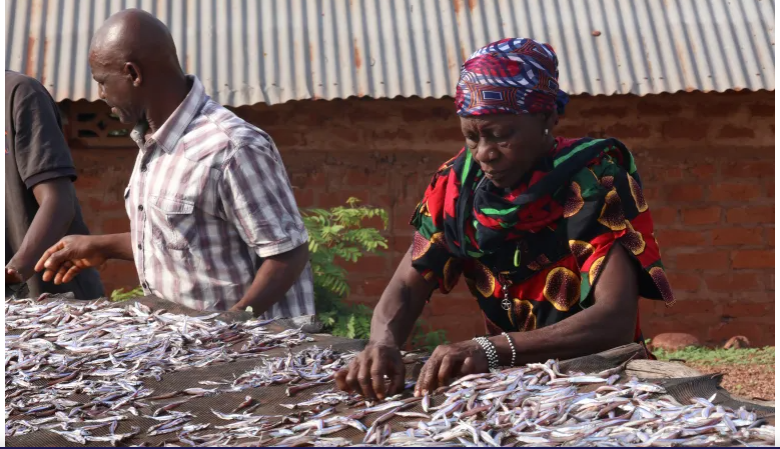Fishers on Lake Tanganyika, one of the world’s largest and oldest freshwater lakes, are facing a growing crisis due to declining fish stocks. Overfishing, illegal fishing practices, climate change, and pollution are contributing to the dwindling catch. The lake has long supported millions of people across Tanzania, Burundi, the Democratic Republic of Congo (DRC), and Zambia, providing a vital source of livelihood and food. However, traditional fishers are struggling to compete with commercial trawlers and deal with the impacts of climate-induced changes, such as rising water temperatures and decreasing oxygen levels, which are threatening fish populations. The pollution from industrial waste, plastic, and agricultural runoff is also affecting the lake’s ecosystem. Despite these challenges, fishing communities are adapting through sustainable fishing practices, aquaculture, and alternative livelihoods like small-scale agriculture and eco-tourism. Regional cooperation among the countries bordering the lake is also critical to enacting conservation policies to combat illegal fishing and ensure the sustainability of the fishery. Without immediate intervention, the future of Lake Tanganyika’s fisheries remains uncertain, with the risk of severe economic and ecological consequences.

